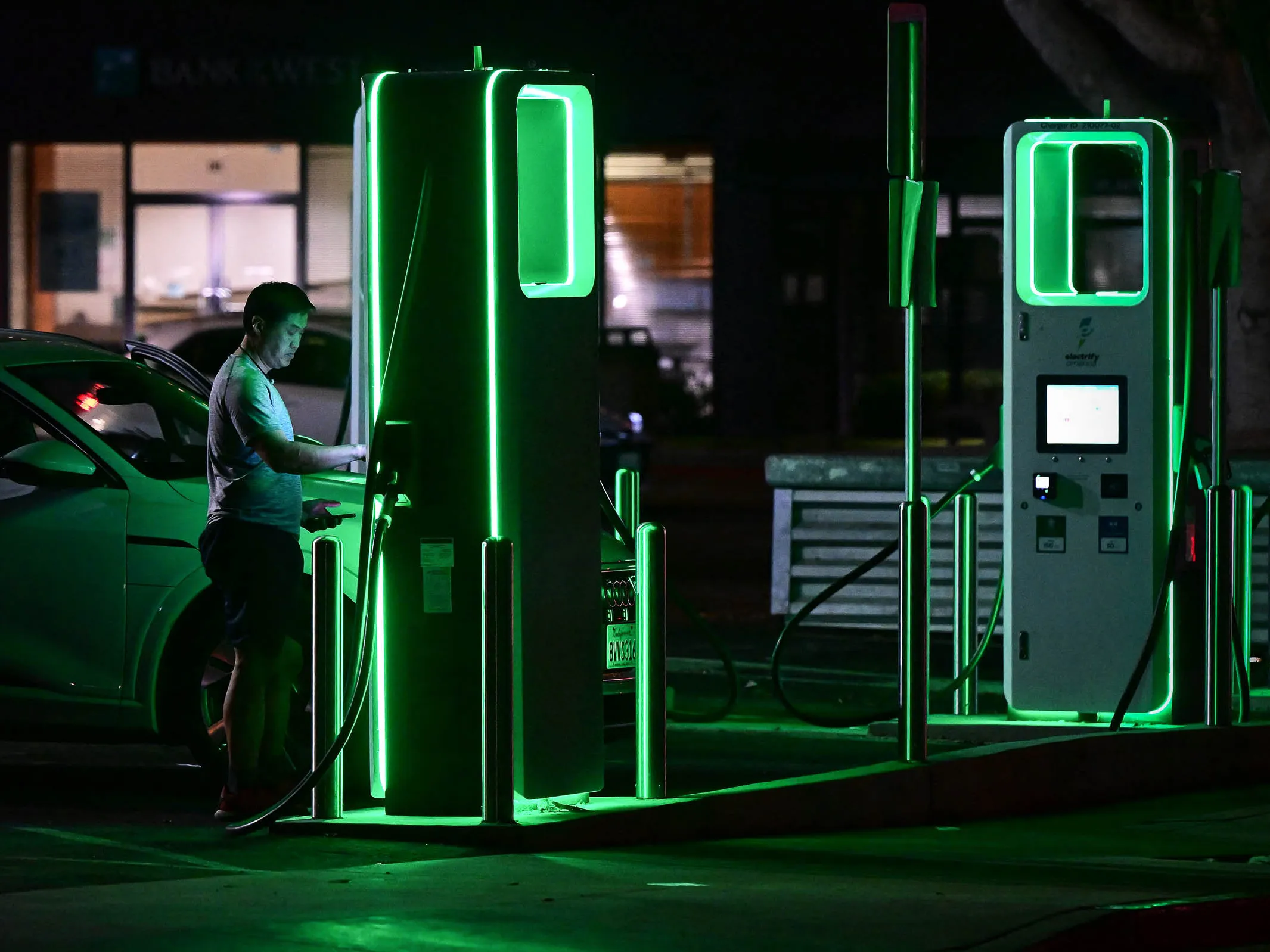The federal government is funding these 6 e-mobility projects with 10 million euros
The Federal Ministry of Digital Affairs and Transport has now handed over funding decisions totalling ten million euros for six e-mobility projects in Germany.
According to State Secretary Oliver Luksic, the aim is to promote the ramp-up of e-mobility in Germany through targeted investments. This was stated in a press release from the Ministry.
"Electromobility holds enormous potential for climate protection and the economy. With the Electromobility Funding Guideline, the BMDV is therefore supporting projects that are working on the research and further development of innovative charging technologies, vehicle components, system solutions or services. These research fields are important for Germany to become a pioneer in electromobility. With this funding, we are strengthening the competitiveness of industry and research in Germany."
Accordingly, these six project networks will receive a government grant:
1.) eMobiGrid - 3,000,000 euros: The flexible and scalable coupling of vehicles with the electricity grid, also for fast charging, is the focus of the eMobiGrid project. The project is being carried out by Richter R&W - Steuerungstechnik GmbH (Ahorntal, Bavaria), the University of Bayreuth, Fraunhofer IISB (Erlangen, Bavaria), EnQS GmbH (Karlsruhe, Baden-Württemberg) and eCharge Hardy Barth GmbH (Birgland, Bavaria).
2) UniCharge - 2,000,000 euros: The UniCharge project aims to develop universal charging electronics for electric vehicles that enable efficient, bidirectional and intelligent energy transfer. Infineon Technologies AG (Neubiberg, Bavaria), Finepower GmbH (Ismaning, Bavaria), Rafi GmbH & Co. KG (Berg, Baden-Württemberg) and the Technical University of Dortmund form the project consortium.
3rd) BALSAM - 2,000,000 euros: The BALSAM project is to provide the knowledge basis for further optimisation of the protective mechanisms in battery electric vehicles. To this end, the Ingolstadt University of Applied Sciences, TDW GmbH (Bavaria), inuTech GmbH (Nuremberg, Bavaria), BMW AG (Munich, Bavaria) and the Federal Institute for Materials Research and Testing (Berlin) are investigating the fire behaviour and harmful gas effects of batteries.
4) Retail4Multi-Use - 1,700,000 euros: In the Retail4Multi-Use research project, the Reiner Lemoine Institute (Berlin) and the DLR Institute for Transport Research (Berlin) are investigating how the utilisation of charging infrastructure at retail locations can be improved by charging different user groups there.
5th) FlexFleet - 500,000 euros: Solutions for avoiding peak loads on company premises are being researched by RWTH Aachen University and SMART/LAB GmbH (Aachen, North Rhine-Westphalia) in the FlexFleet project. Strategies around grid expansion, smart charging, buffer storage and vehicle-to-grid are also being investigated.
6) SafeDaBatt - 440,000 euros: As part of SafeDaBatt, FEV Europe GmbH (Aachen, North Rhine-Westphalia) and RWTH Aachen University are researching the early detection of faults in battery cells, with the aim of preventing performance losses and making the battery even safer.
The BMDV's Electromobility Funding Guideline supports research and development projects on battery-electric mobility. Since 2015, around 1,300 projects have been approved with 420 million euros in federal funding, including around 20,000 electric vehicles, almost 9,000 charging infrastructure units, 345 electromobility concepts as a strategic basis for the electrification of vehicle fleets, and 35 research and development projects.
